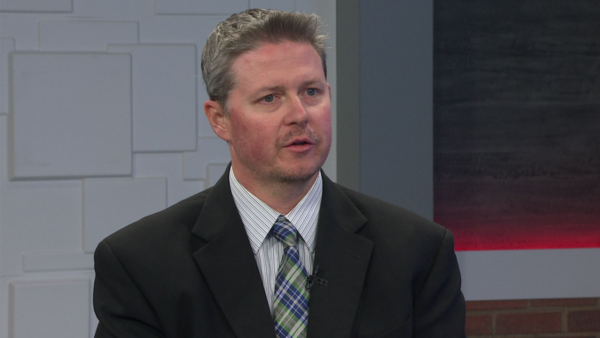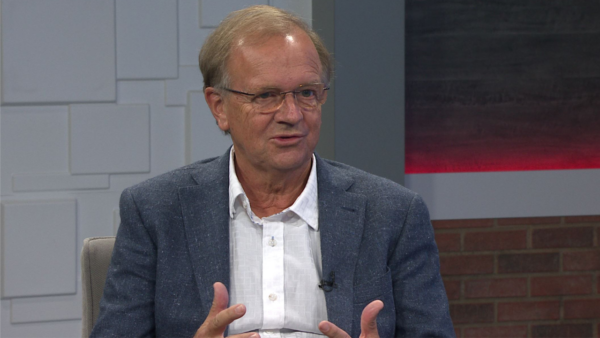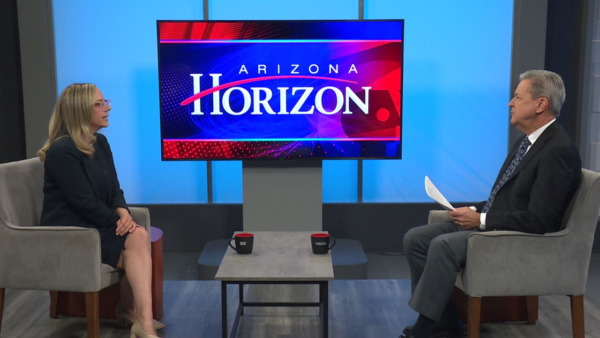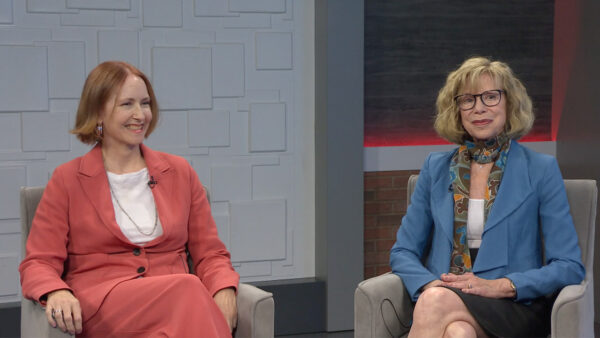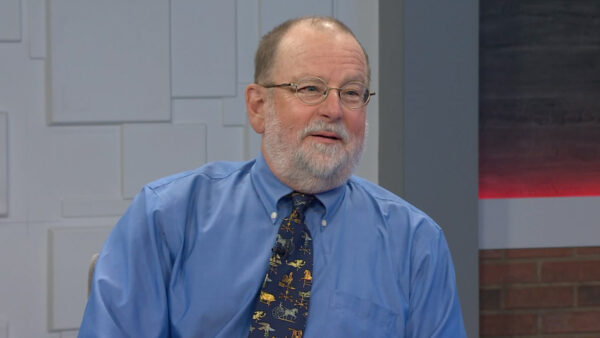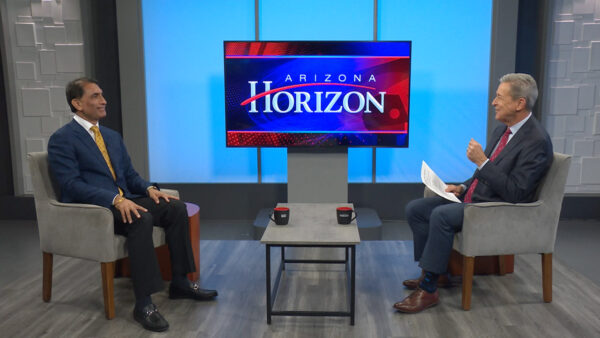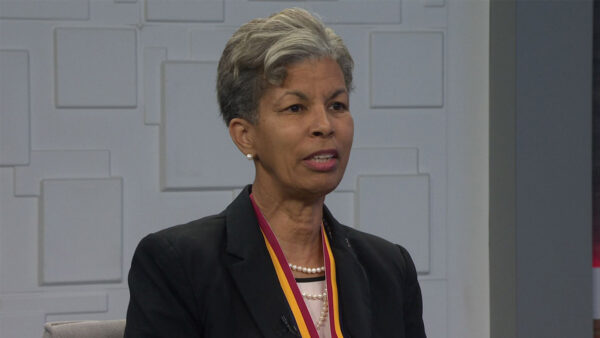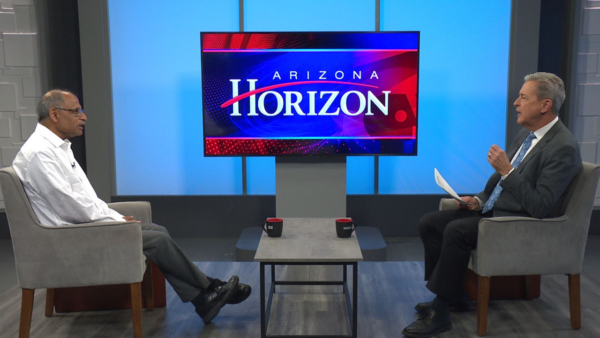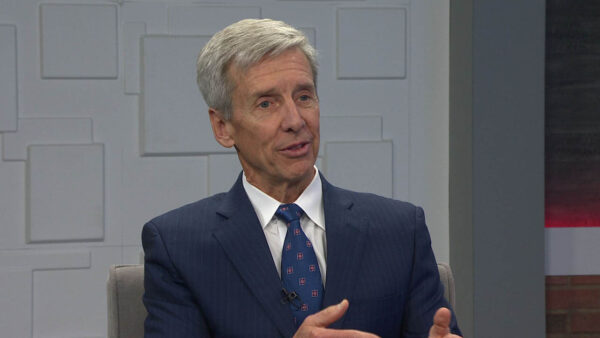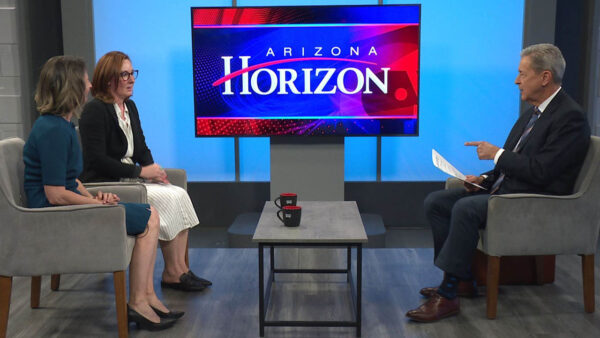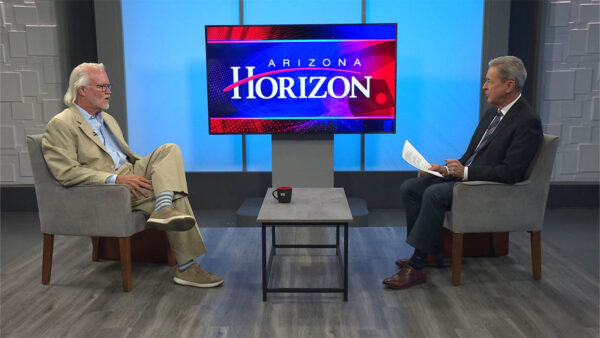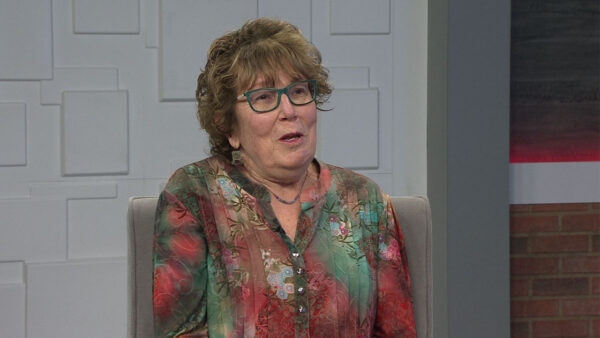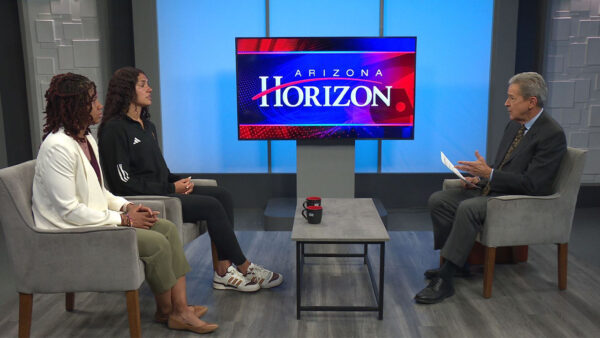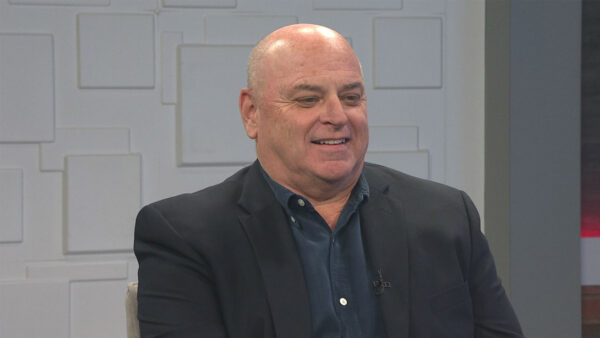Launch of community health worker training program
July 11, 2023
The College of Health Solutions at Arizona State University (ASU) has launched a community health worker training program to improve community access to health-promoting services throughout Arizona. Assistant Professor Mindy McEntee of the College of Health Solutions discussed the details of the program.
“A lot of the folks are aware of the shortage of health workers generally speaking across the state, but this is an extra element of being able to address health concerns in specifically medically-underserved areas of the state,” McEntee said.
The online program, funded by a $3 million grant from the Health Resources and Services Administration (HRSA), will be available through ASU’s Learning Enterprise and is paired with internship and apprenticeship opportunities in various communities throughout Maricopa County and the state.
According to McEntee, “community health care worker” is an umbrella term for everything from case workers to promoters to outreach specialists.
“Basically, anybody who performs the function of being a liaison working with folks who are in the community and helping them to get connected and established with some of the services that they need,” McEntee said.
Community health care workers are people from within the community and are familiar with the needs of the people that live there.
“One of the things that we know is that social determinants of health are the conditions of where people live and the social environment. The economic situation where people live is a better predictor of health outcomes than other things that we have thought about,” McEntee said.
McEntee said addressing these structural issues is vital in providing underserved communities with access to care.
The online curriculum lasts two semesters and takes about 10 to 15 hours per week. Students are allowed to complete the course at their own pace with established deadlines in place. After completion of the program, individuals are paired up with community partnerships to receive hands-on training, which in turn could lead to full-time employment.
One of the goals of the program is to provide tribal communities with access to resources. McEntee said community health care workers are able to reach more people because they are on the ground and a part of the local communities.





